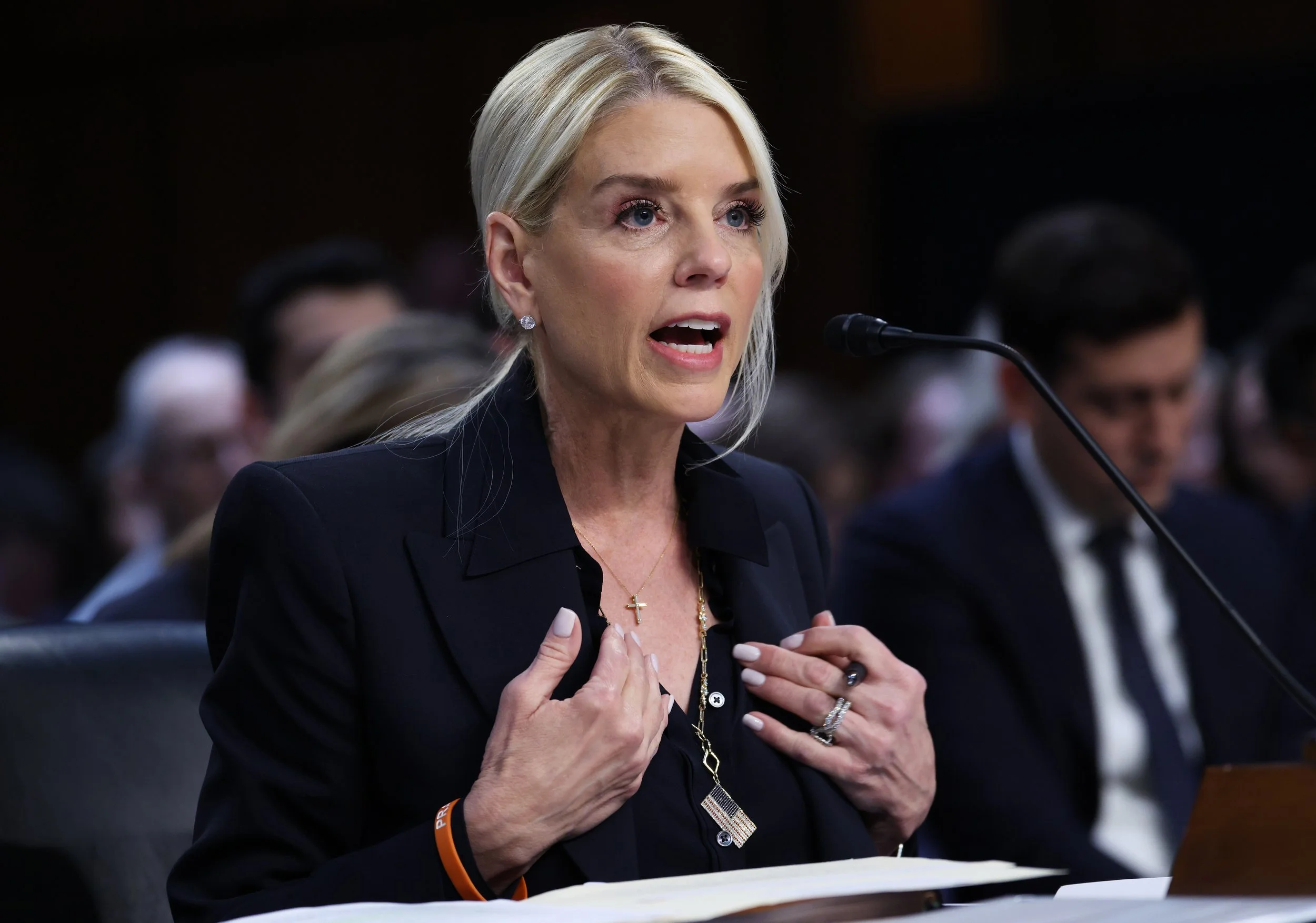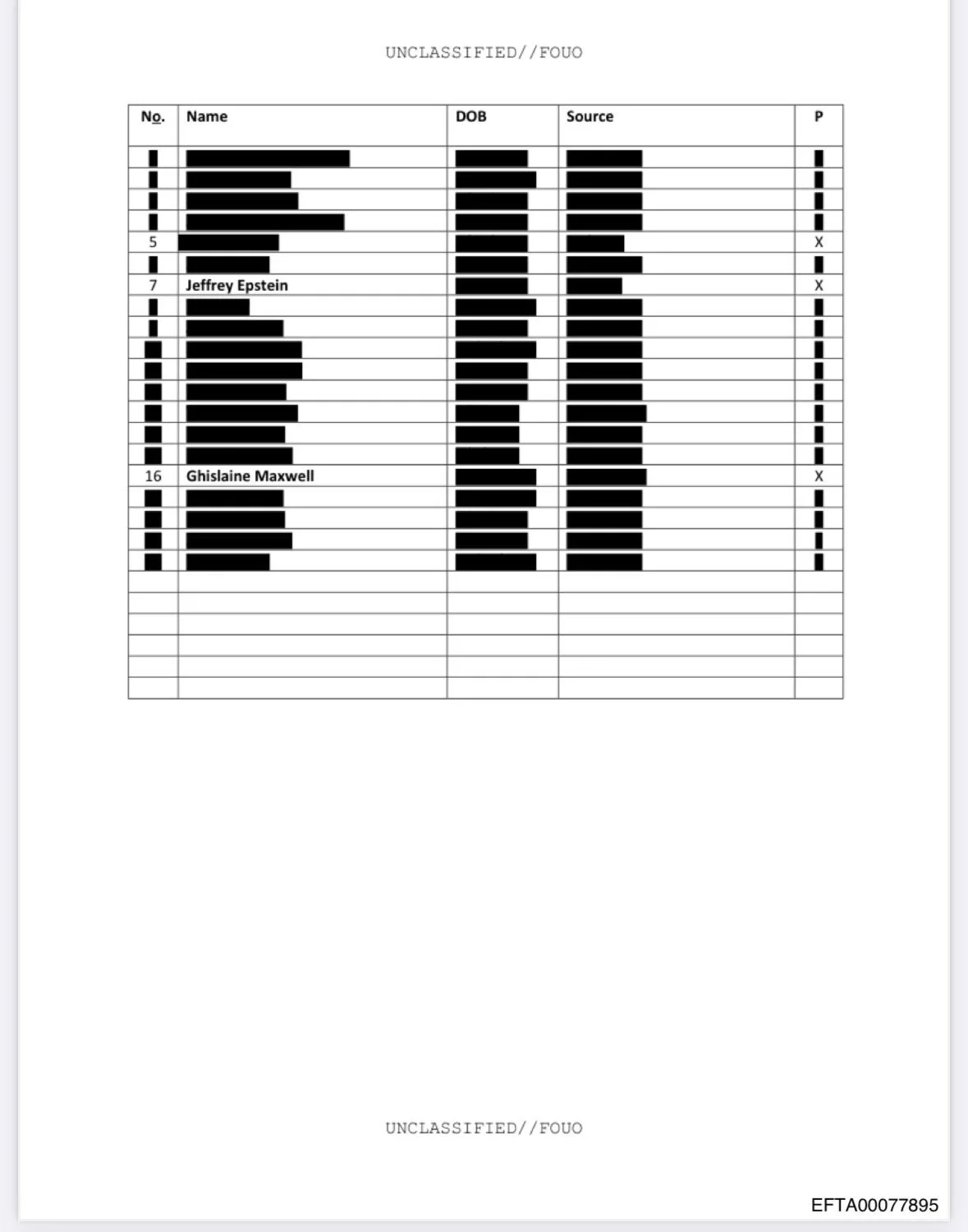Trump’s ‘Big Beautiful Bill’ Faces Final Hurdles As Senate Pushes For Passage
Plus: Sen. Tillis Decries Moderates Leaving Congress As He Announces Retirement After Clash With Trump
Walking through Osaka, Japan earlier this month.
Good afternoon,
I’ve been back from Japan for just over a week, and new numbers show that I am part of a growing number of Americans flocking to the country for summer vacation. Trips from the U.S. to Japan have increased about six percent this summer from a year ago to more than 1.5 million airline seats booked for June, July and August. Tokyo has now overtaken Paris as American travelers’ second most popular destination. London still sits at #1.
Traveling from the U.S. to Japan has become much more affordable in recent years due to a favorable exchange rate and cheaper airfare, while Europe has become more expensive and chronically clogged with tourists.
Japan Airlines will even provide free airfare to select cities within its borders, something I wish I had taken advantage of. One rule: if you take a free flight to a city, you must leave that city within 24 hours, so no loitering in one place for too long.
The Japanese were incredibly welcoming and generous — no water guns like we’ve seen in Spain as protests against over-tourism spread across popular European cities. One major challenge is the distance: NYC to Tokyo took 14 hours ✈️, but it was worth it.
Mosheh
Mo News Editor In Chief
🚨 ONE IMPORTANT THING
Senate GOP Makes Final Push To Pass Trump’s “Big Beautiful Bill”
Senate Republicans are racing to pass President Trump’s sweeping tax cut and domestic spending bill, dubbed the “One Big Beautiful Bill Act,” before the self-imposed July 4 deadline. A vote to pass the bill is expected to reach the Senate floor tonight or early tomorrow morning. Four no votes would kill the bill. As of now, it appears there are three Republicans opposed to the measure (Sens. Thom Tillis (R-NC), Rand Paul (R-KY) and Susan Collins (R-ME).
A House vote on the amended bill could come as early as Wednesday, but the key question remains whether Republicans there have the votes this time around. Another version passed in late May only made it through by one vote — and this version is much more expensive and retains some controversial measures.
INSIDE THE DEBATE
The Senate bill cleared a key procedural vote over the weekend, 51-49, after GOP leaders struck deals with skeptical senators — including making changes to Medicaid cuts, energy tax credits, AI regulation, and the state and local tax (SALT) deduction cap.
Senators Tillis and Paul voted with Democrats to block consideration of the bill, citing concerns over Medicaid cuts and rising deficits.
According to the nonpartisan Congressional Budget Office, the bill would result in nearly 12 million more uninsured Americans by 2034 and add $3.3 trillion to the federal deficit over the next decade.
The bill includes hundreds of provisions that are now being voted on during the Senate’s "vote-a-rama" — when senators can propose an unlimited number of amendments and force the chamber to cast vote after vote. It’s expected to go on for hours ☕️
Here’s a New York Times breakdown of what’s in the bill.
WHAT’S COME & GONE
At the center of the bill is extending Trump's 2017 Tax Cuts and Jobs Act. There are also new work requirements for some able-bodied adults who receive Medicaid and SNAP food stamps.
Some of the hundreds of proposed changes include:
Food stamps: States would need to cover more of the cost of food stamps, currently funded by the federal government, with some exceptions.
Debt ceiling: The bill would raise the debt ceiling by $5 trillion — surpassing the $4 trillion max outlined in the House-passed version.
Medicaid: There are now deeper Medicaid cuts. States pay Medicaid bills by taxing providers like hospitals. Now, the bill gradually lowers the allowable provider tax rate from 6% to 3.5% by 2032 — a move meant to draw down federal matching funds that is expected to result in less money for states.
More than 70 million low-income Americans are on Medicaid. The bill includes a $25 billion Rural Hospital Stabilization Fund, to help areas expected to be hit by fewer Medicaid dollars coming into their hospitals as work requirements and other measures will mean more uninsured Americans.
Energy: The bill still goes after Biden-era clean energy tax credits, and also adds an additional tax on wind and solar projects that would increase consumer energy prices 8-10% and tax clean energy businesses an additional $4-$7 billion by 2036.
SALT: The package reverts the increased cap on the state and local tax (SALT) deduction back to $10,000, from $40,000, for five years — a big issue for House Republicans in Blue states like New York.
Tax on tips: It places income limits on the tax exemption for tips.
Immigration: The House bill had a $1,000 asylum application fee, which would now be a $100 minimum.
AI: Senate Republicans also halved a proposed 10-year moratorium on state-level artificial intelligence (AI) regulations for states receiving money from a $500 million federal AI infrastructure fund, reducing the ban to five years.
After (if) the new version passes in the Senate, the House is expected to take up the updated bill for a second vote soon after. House Republicans can only lose a handful of votes if they want to pass it on to President Trump before the July 4th holiday.
But hurdles remain: The House Freedom Caucus says the Senate bill is “not what we agreed to.” Rep. Marjorie Taylor Greene (R-GA) has said the AI provision must be removed or she will vote no. And the big price tag — the sticking point last time — is even higher now. Buckle up.
🚨 ONE THING TO THINK ABOUT
Where Have All The Moderates Gone?
Sen. Thom Tillis (R-NC), one of two Senate Republicans who voted against advancing the “Big, Beautiful Bill” this weekend, announced he will not seek reelection in 2026. His decision came shortly after President Trump vowed to support a primary challenger against the two-term senator in retaliation for his vote. Tillis’s opposition to the bill stemmed from steep cuts to Medicaid funding and changes to provider taxes — which he argued broke Trump’s promise not to touch Medicaid.
The bigger issue: Partisan gridlock is making things more difficult for the few lawmakers willing to work across the aisle. “In Washington over the last few years, it's become increasingly evident that leaders who are willing to embrace bipartisanship, compromise, and demonstrate independent thinking are becoming an endangered species,” Tillis said in his statement.
It’s not just Tillis — Sen. Mitt Romney (R-UT), Sen. Kyrsten Sinema (I-AZ), and Sen. Joe Manchin (D-WV) have all chosen not to seek reelection in recent years after opposing their party’s leaders or standing out for promoting a more moderate tone.
It comes as more Americans than ever are identifying as ideologically very conservative or liberal. A Gallup poll from late 2024 found the share of Americans identifying as moderate declined from 43% in 1992 to just 34% in 2024 — but still the largest of any other identification.
⏳ THE SPEED READ
🚨NATION
Miles-long procession honors firefighters murdered in Idaho sniper ambush (MO NEWS)
Supreme Court takes up challenge to campaign finance restrictions (MO NEWS)
More than 300 charged in $14.6 billion health care fraud schemes takedown, Justice Department says (AP)
Federal investigation finds Harvard violated civil rights law (NPR)
Boulder terror attack: Colorado woman, 82, injured by Molotov cocktail dies, charges upgraded (FOX)
🌎 AROUND THE WORLD
Europe sizzles under a severe heatwave, sparking health alerts and wildfire warnings (EURONEWS)
Israeli settlers rampage at a military base in the West Bank (NBC)
Russia has launched the biggest air attack of the three-year war on Ukraine, Kyiv says (GUARDIAN)
Thousands party at Budapest Pride in clear message to Orban (BBC)
📱BUSINESS, SCIENCE & TECH
NYC mayoral candidate Zohran Mamdani: “I don’t think we should have billionaires” (MO NEWS)
US stocks add a bit more to their all-time high (AP)
Moderna’s flu vaccine shows positive late-stage trial results, paving way for combination Covid shot (CNBC)
UN expert urges criminalizing fossil fuel disinformation, banning lobbying (GUARDIAN)
🎬 SPORTS & ENTERTAINMENT
ICYMI FROM THE 📲
In case you missed it… The first lab-grown salmon approved by U.S. regulators is now on the menu at a Haitian restaurant, Kann, in Portland, OR. The Coho salmon is made from real Pacific salmon cells developed by San Francisco-based Wildtype. The product became the first of its kind approved by the U.S. Food and Drug Administration in May.
Grown in steel tanks and fed with a mix of nutrients, the fish takes just two weeks to grow — compared with the two years an average salmon fish needs to develop. The company hopes its product will reduce pressure on wild fish stocks and help protect ocean ecosystems, as global fish demand is expected to rise nearly 80% by 2050.
Would you try a piece of this fish of the future?





















